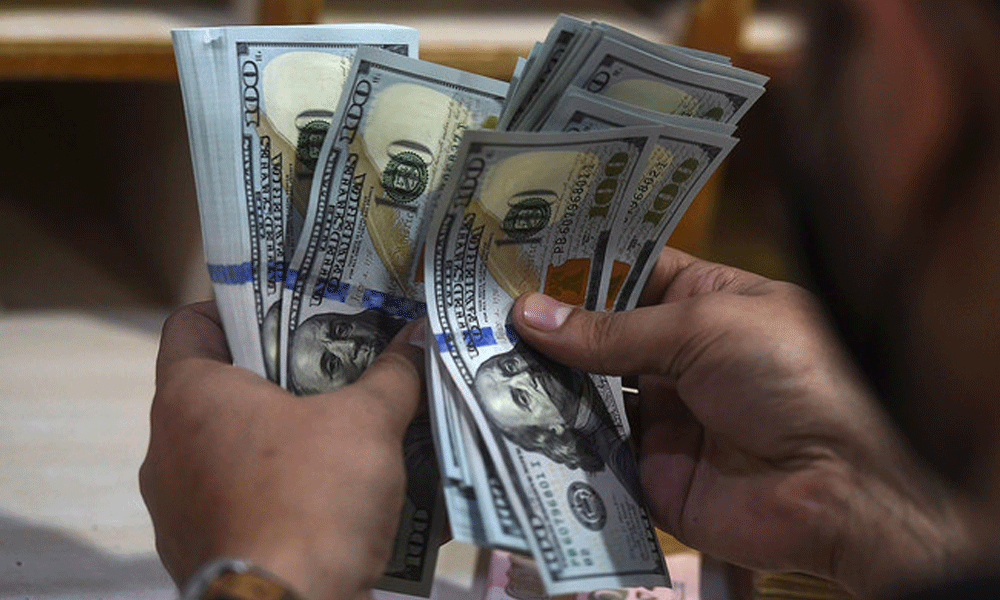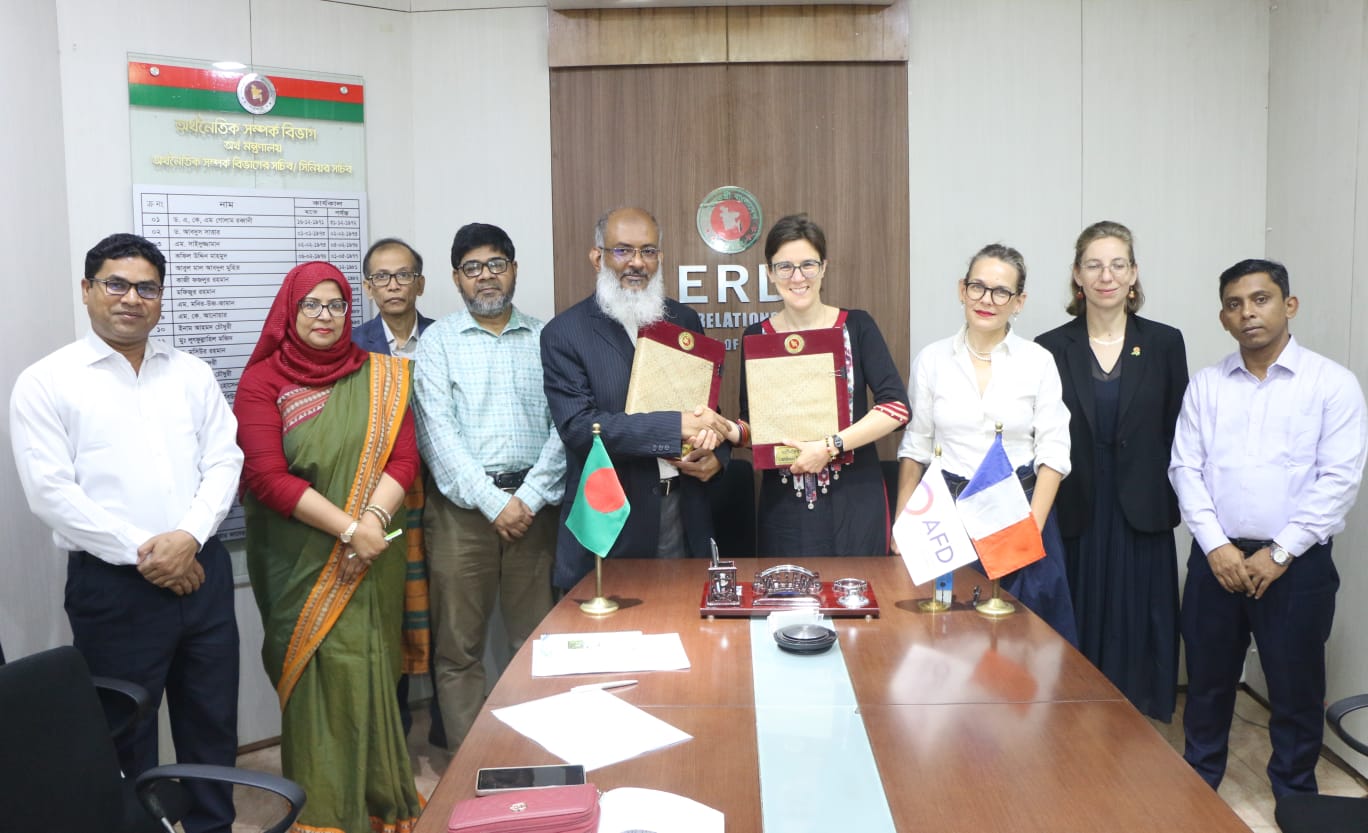
Food inflation in Bangladesh has fallen to its lowest level in 21 months, reaching 9.24% in February, down from 10.72% in January, according to the Bangladesh Bureau of Statistics (BBS). This reduction provides some relief to consumers who have been grappling with high prices. Experts attribute this drop to seasonal decreases in the prices of winter vegetables and government measures such as easing import duties on essential commodities.
However, while food inflation is easing, non-food inflation rose slightly to 9.38% in February, up from 9.32% in January. This indicates that costs for housing, transportation, and healthcare continue to burden households. Experts warn that despite the easing in food prices, the overall situation remains challenging for many, especially as inflation outpaces wage growth. In the first two months of 2025, inflation averaged 9.63%, while wage growth was just 8.10%, widening the gap between income and rising living costs.
The government has taken steps to stabilize inflation, including raising interest rates and reducing taxes on essential goods. However, inconsistent policy changes have created market uncertainty, according to experts. Finance Adviser Salehuddin Ahmed has promised further efforts to stabilize prices, especially during the month of Ramadan, with a target inflation rate of 6%-7% by June.
Despite these efforts, Bangladesh faces continued challenges, including global economic slowdowns, rising fuel prices, and climate-related disruptions, all of which could impact the prices of essential goods. Structural reforms may be necessary for long-term stability, as the government works to address both food and non-food inflation while supporting low-income families.








